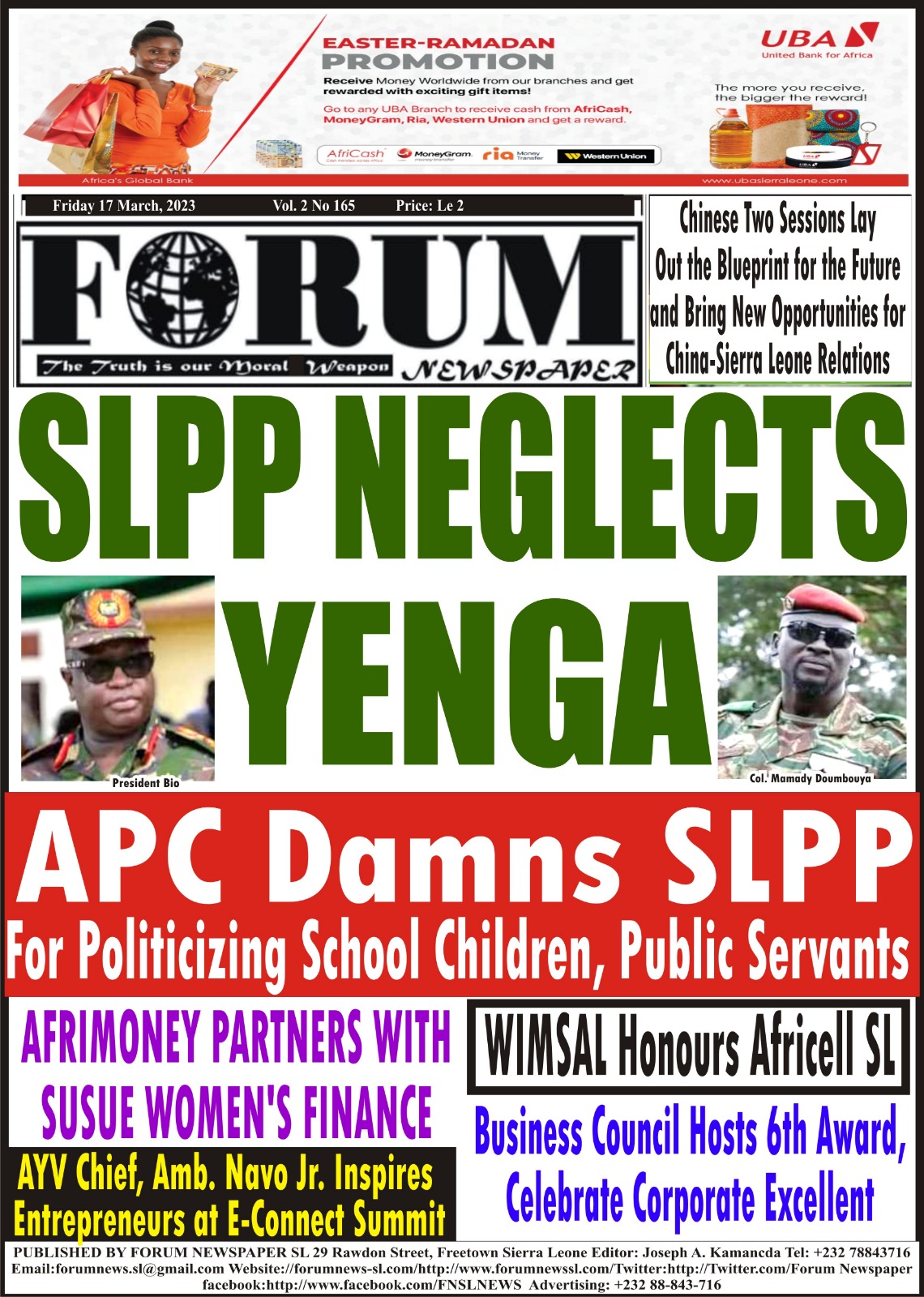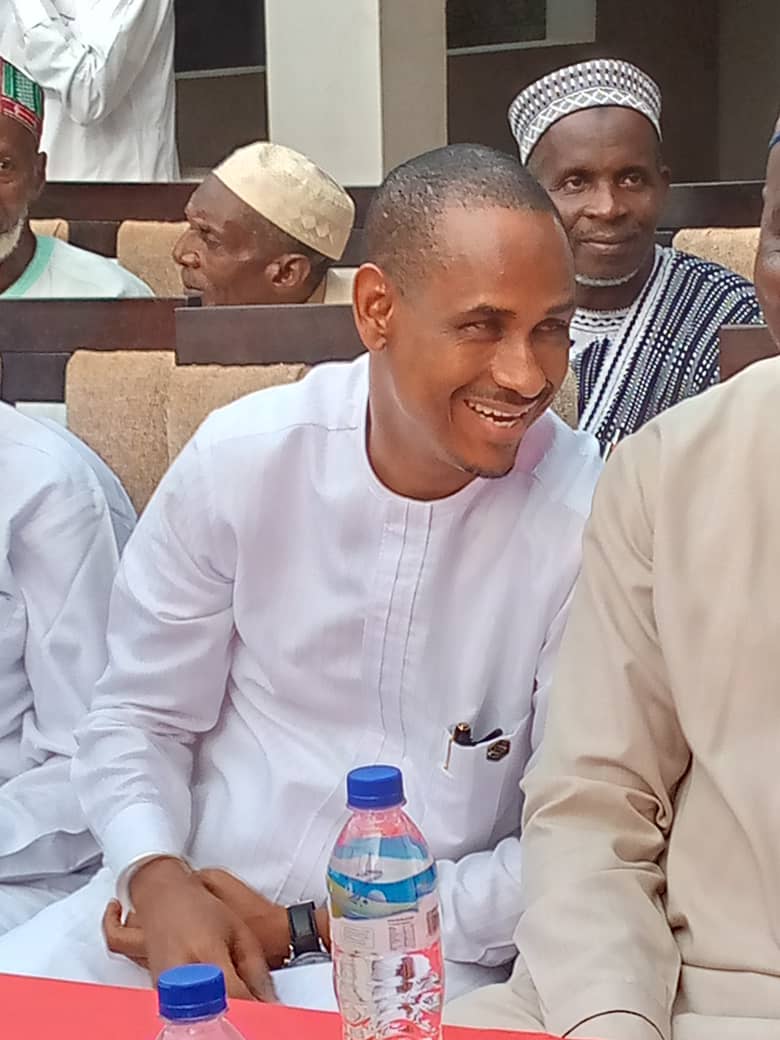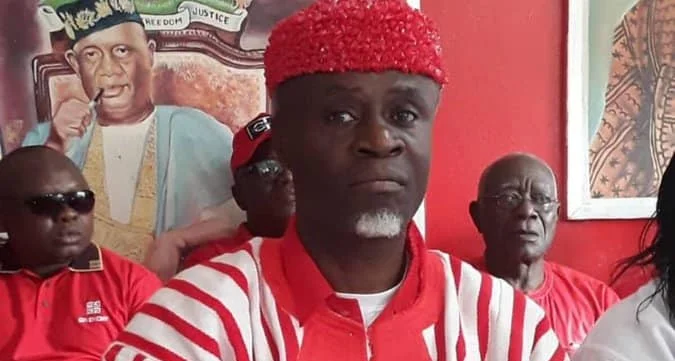Sierra Leoneans living in Yenga in the Kailahun District of the Eastern province of Sierra Leone have been left with no fixed abode as the place they call home within their homeland has been forcefully taken away from them to the neglect of the Sierra Leone People’s Party-led government of President Julius Maada Bio.
Yenga, according to records, is a village in Kissi Teng Chiefdom, Kailahun District in the Eastern province, situated on the international border between the Republic of Sierra Leone and Guinea.
The village is located on a hill above the south of the confluence of the Mafissia River and the Makona/Moa River, which forms the border between Guinea and Sierra Leone.
In the early 1990s before the civil conflict in Sierra Leone, Yenga was and continues to serve as a lucrative alluvia diamond mining community from the Makona-Moa River, onto 2002 when the then Guinean Government sent troops into Yenga to prevent arms aggression into Guinea. While there, the Guinean troops then helped the Sierra Leone Army to oust or remove the Revolutionary United Front (RUF) rebels from Yenga.
Though it was not an annexation since then to date, Yenga is still illegally occupied by heavily armed Guinean troops, this time on orders from the leader of the military junta of Colonel Mamady Doumbouya to a point that troops have placed a post indicative of their so-called unlawful occupation as a territory of Guinea. The fact is that Yenga is not a Guinean territory but a Sierra Leonean village which was occupied by Guinean forces during the war.
Successive political administrations spanning from the late President Alhaji Dr Ahmed Tejan Kabbah to former President Dr Ernest Bai Koroma made frantic efforts through bilateral discussions trying to repossess or liberate Yenga from Guinean troops. In view of that, there have been several agreements signed by both governments in respect of the withdrawal of Guinean troops from Yenga. There was every indication from both sides of the situation to have seen reasons to subscribe to agreements made in several treaties Col Mamady Doumbouya is certainly no stranger to. He is thus expected to abide by them for the respectability of the protocols of the Mano River Union, Economic Community of West African States, the African Union, the United Nations and other international bodies that form strong bond between Sierra Leone and Guinea.
That the war ended long ago with both countries now at peace, there is no need for Guinean troops to continue occupying Yenga. Colonel Mamady Doumbouya, being the head of the military junta, should help the Government of Sierra Leone to facilitate Guinean troops’ withdrawal from Yenga, to ensure that there are safe movements of civilians, goods and services for the peace, security and general wellbeing of Guineans and Sierra Leoneans in those communities.
Over the years efforts of retaking Yenga from Guinean troops have been vastly politicised, with the ruling Sierra Leone People’s Party (SLPP) actively spewing deterring divergent views on the issue when they were in opposition.
All efforts that were made by the then administration of the All People’s Congress (APC) party to secure Yenga from the grip of the Guineans were also criticised by the SLPP, as did the APC during the Kabbah era. Hence, the Koroma administration too suffered the same thing from the Julius Maada Bio opposition SLPP.
Now Bio’s claims of retaking Yenga from Guinea have, of late, been proven to be false. Guinean troops have recently erected a new demarcation post clearly showing the world that Yenga is Guinea and it is a no-go area.
That Yenga being a strategic economic and agricultural exchanges point between Guinea and Sierra Leone, where the RUF rebels were engaged in diamond mining, there is every reason for Guinea to continue deploying troops on the ground if not for anything, but for constant diamond mining and mineral trade. There was a time during their humanitarian efforts that Yenga was completely annexed by Guinean troops. The Guinean army and civilians were heavily engaged in diamond mining in the Makona-Moa River, farming on the villagers’ land and doing all sorts of commercial and businesses in Koindu and other areas along border communities at the detriment of Sierra Leoneans.
It would be recalled that during the Koroma-led APC rule, the occupation of Guinean troops continued for considerable time until when it was severally negotiated by both governments before troops withdrew. By all indications, there was clear understanding that the occupation and deployment of Guinean troops at Yenga was done and dusted.
Suddenly, and rather dishearteningly, Guinean troops resurfaced shortly after the 2022 exchange visits by Bio and his counterpart, Colonel Mamady Doumbouya. Since Doumbouya on 29 October 2022 visited and returned, Guinean troops fully redeployed at Yenga, this time around with a demarcation post, as if their redeployment was a done deal and an order from his Freetown trip.
Sierra Leone and Guinea to date find it difficult to come to terms on the Yenga issue.
It is advisable that the United Nations come to mediate this issue or conundrum that is brewing between the two countries to avert anything confrontational and ensure free movements of Sierra Leoneans in the border community.
Yenga seems to be abandoned by the Government of Sierra Leone as no development aspirations is shown to improve the lives of the residents there.
No security measure is put in place to protect the lives of Sierra Leoneans in Yenga and the people are subjected to military harassment of Guinean troops. Yenga is barely left in the hands of Guinean authorities, who keep annexing the territory, with little or no efforts from their Sierra Leonean counterparts.
Its high time Guinea understood that Yenga is a complete Sierra Leonean territory. The uncalled-for and unnecessary harassment must cease; and if Guinea is claiming ownership, the international community must come in to make the needful international and permanent solution to the problem by providing the original colonial maps to ascertain the rightful owner of Yenga.
Sierra Leone fought a decade-long civil war. Sierra Leoneans and friends of the country have seen the repercussions of conflict. They can no longer afford to engage in another war, especially with a neighbouring country like Guinea.
Diplomacy is necessary in support of international mediation. Therefore, international diplomacy must take precedent in peacefully addressing the Yenga issue to avoid break in relationship between Guinea and Sierra Leone.
The Berlin Conferences partitioned Africa and with due diligence, the document on this portion of Africa is still available for reference on issues of this nature.
Sierra Leoneans have co-habited this region with their Guinean brothers and sisters for some years now, exchanging cultural values, with no incident. Gradually, it seems the reception accorded to Guineans has been mistaken for a weakness on the part of Sierra Leoneans living in Yenga. If left unattended to, the Yenga occupation would let Sierra Leonean citizens be subjected to constant harassment, molestation, degradation, inhumane treatment and subjugation in the hands of Guinean troops.
As the adage goes, “the toad loves water but not when the water is boiling.” The government needs to work harder, to resolve the issue and restore the dignity of Sierra Leoneans in Yenga for them to live at liberty.
The redemption of Yenya should not be trivialized with the SLPP-APC partisan politics, as it is a critical national issue which requires serious intergovernmental actions of Guinean and Sierra Leonean authorities for the freedom of the people of Yenga, rather than narrowing it down to an SLPP-APC political governance scorecards.
Forum is not at all serving as a harbinger of doom; rather it is just expressing the concerns of the people of Sierra Leone and calling on the authorities, especially the governments of Sierra Leone and Guinea and with the help of the international community to resolve the Yenga wrangle rightly and peacefully.













